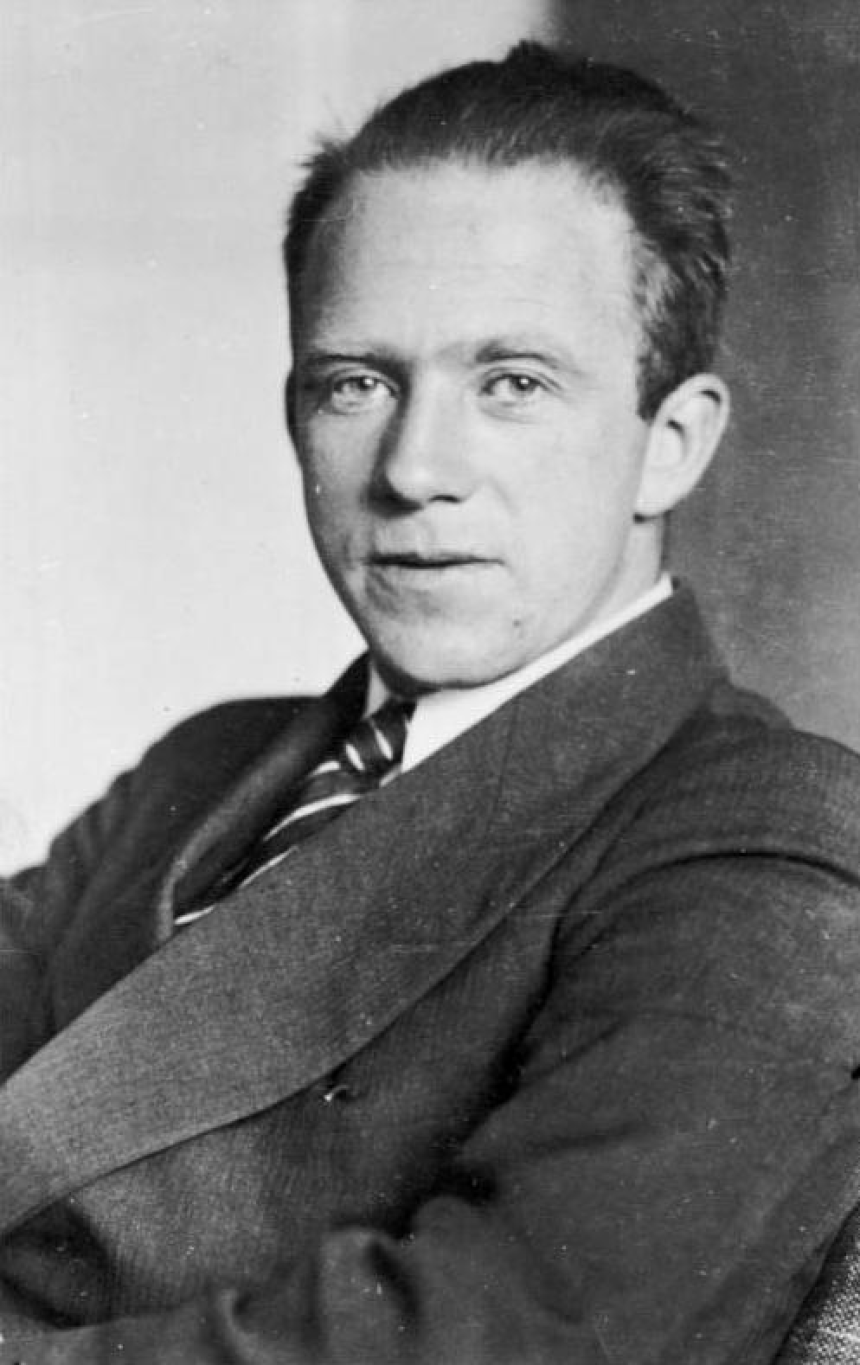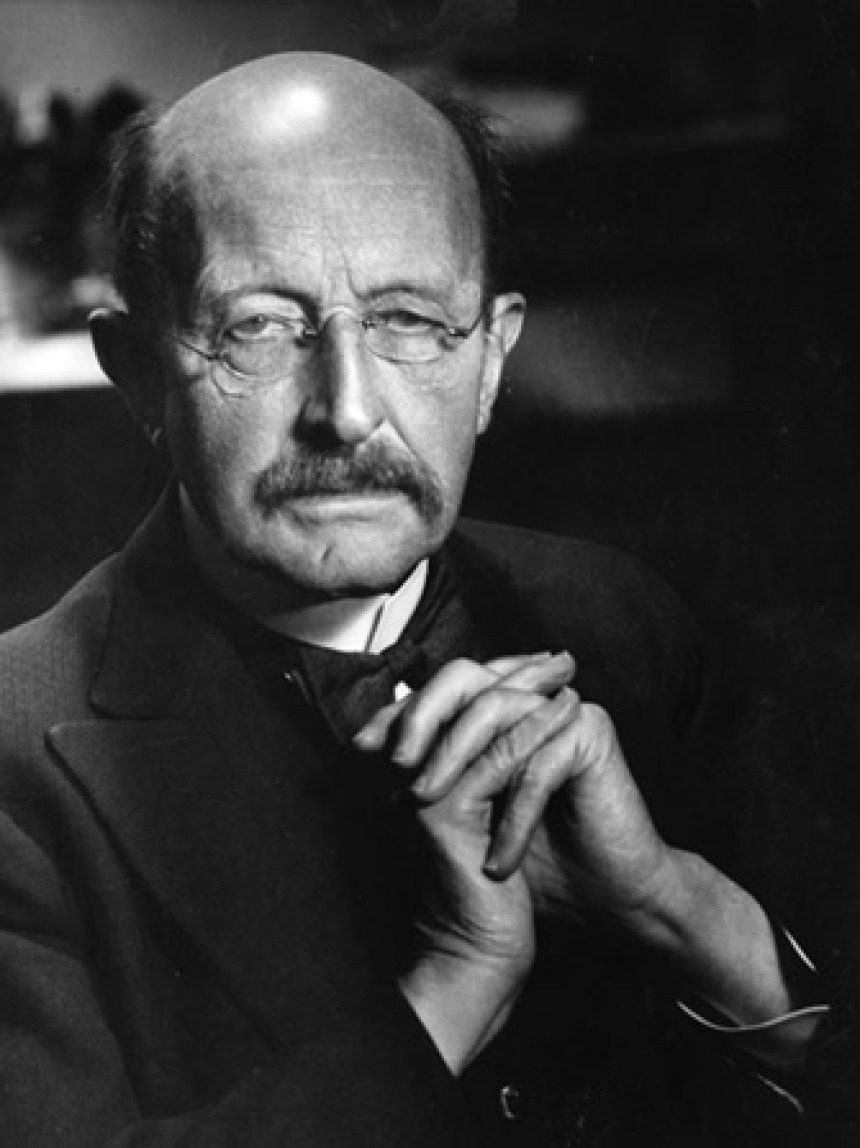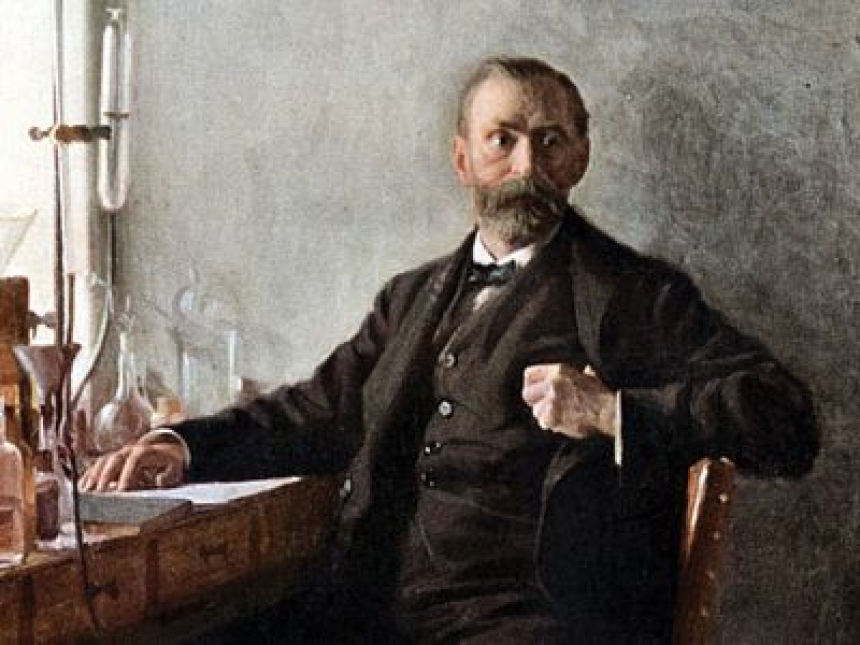
Judith Butler
Judith Butler: An Introduction to Her Influential Theory
Judith Butler: An Introduction to Her Influential TheoryFor school goers interested in philosophy and gender studies, Judith Butler is a name that often arises. Known for her groundbreaking work on gender and identity, Butler has become one of the most influential figures in contemporary theoretical discourse. This blog aims to provide an overview of Butler's ideas and explore their relevance in today's society.
Judith Butler is an American philosopher and gender theorist. Born in 1956, she gained recognition for her 1990 book "Gender Trouble: Feminism and the Subversion of Identity." Butler is a professor at the University of California, Berkeley, and has written extensively on topics such as feminism, queer theory, ethics, and social philosophy.
Butler's key ideas revolve around the concept of gender as performative. She argues that gender is not something we are born with, but rather a set of behaviors and performances that are constructed and reinforced through societal norms and expectations. According to Butler, these performances shape our sense of self and identity.
Butler's theory challenges traditional notions of gender by deconstructing the idea of biological determinism. She argues that our biological sex does not necessarily determine our gender identity, as gender is a social and cultural construct. By blurring the boundaries between male and female and questioning the binaries of gender, Butler seeks to create space for individuals who exist outside of traditional categorizations.
Butler's work has had a significant impact on various academic disciplines, including gender studies, philosophy, and sociology. Her theories have sparked debates and discussions about the nature of gender, sexuality, and identity. Butler's ideas have been instrumental in shaping contemporary understandings of gender as a fluid and socially constructed concept.
Butler's ideas can be applied in real-life situations by challenging societal norms and expectations surrounding gender. By questioning the binary categories of male and female, we can create a more inclusive and accepting society that recognizes and respects diverse gender identities. Butler's work also encourages us to critically examine the power dynamics at play in the construction of gender, ultimately working towards dismantling oppressive systems.
Judith Butler's theory has made a significant impact on our understanding of gender and identity. By challenging traditional notions of gender, Butler has opened up new possibilities for how we perceive ourselves and others. Her work reminds us of the importance of recognizing the social and cultural influences that shape our identities and calls for a more inclusive and equitable society.
FAQs1. Was Judith Butler the first person to propose the idea of gender as performative?No, Butler was not the first person to propose the idea of gender as performative. However, her work in "Gender Trouble" played a crucial role in popularizing and expanding this concept.
2. Is Butler's theory widely accepted?Butler's theory has generated both support and criticism within the academic community. While her ideas have been influential, they are not without controversy.
3. Can Butler's ideas be applied to other forms of identity?Yes, Butler's ideas can be applied to other forms of identity beyond gender. Her work has influenced discussions on race, sexuality, and disability, among other topics.
4. What is the significance of Butler's concept of performativity?The concept of performativity highlights the idea that our actions and behaviors play a role in constructing and shaping our identities. It challenges essentialist notions of identity and emphasizes the role of social and cultural factors.
5. How can Butler's theory contribute to social change?Butler's theory can contribute to social change by encouraging critical thinking and challenging oppressive systems. By recognizing the constructed nature of gender, we can work towards creating a more equitable and inclusive society.





